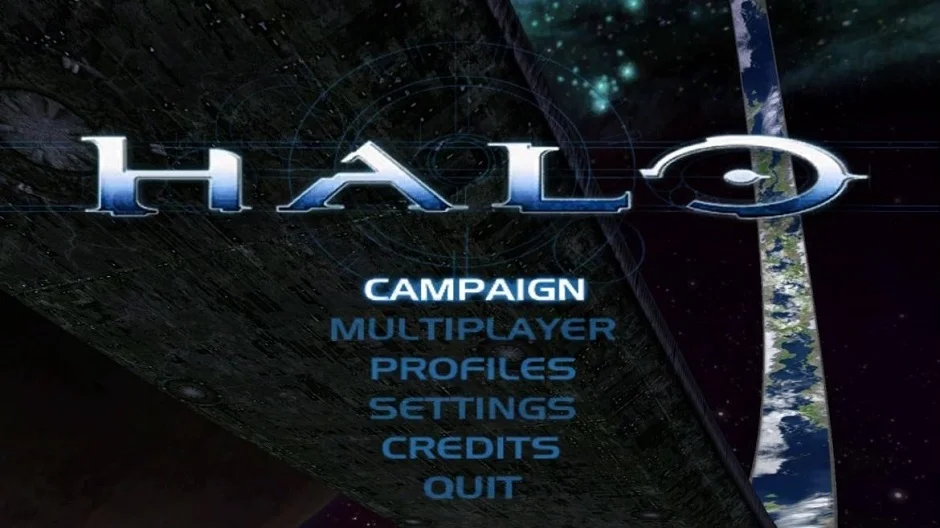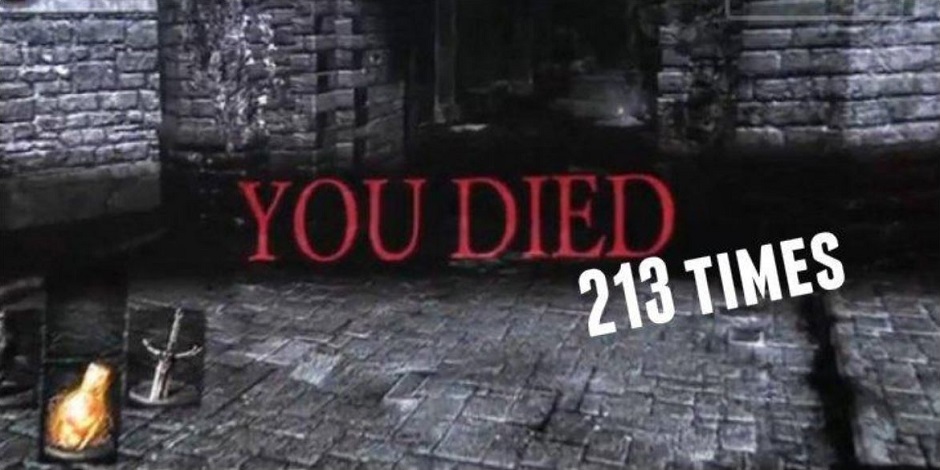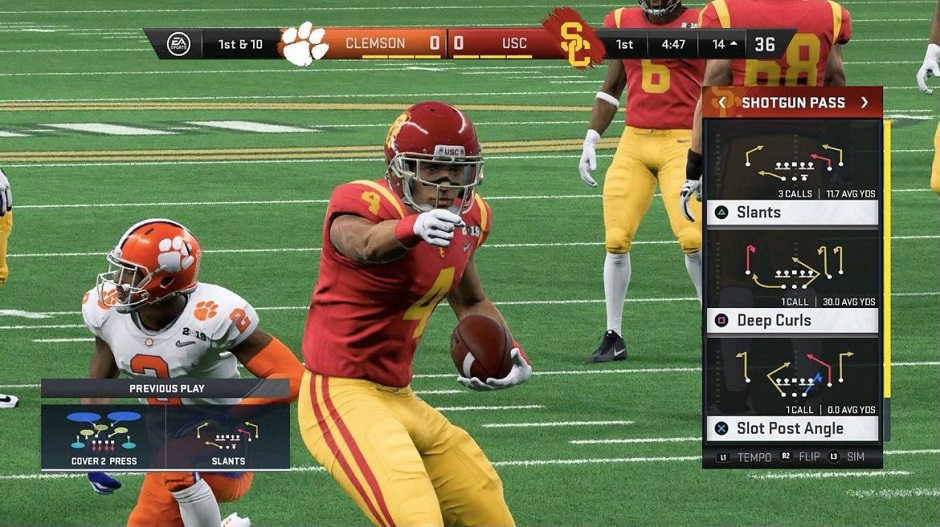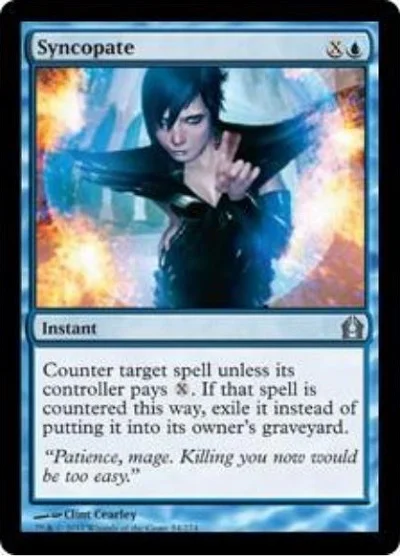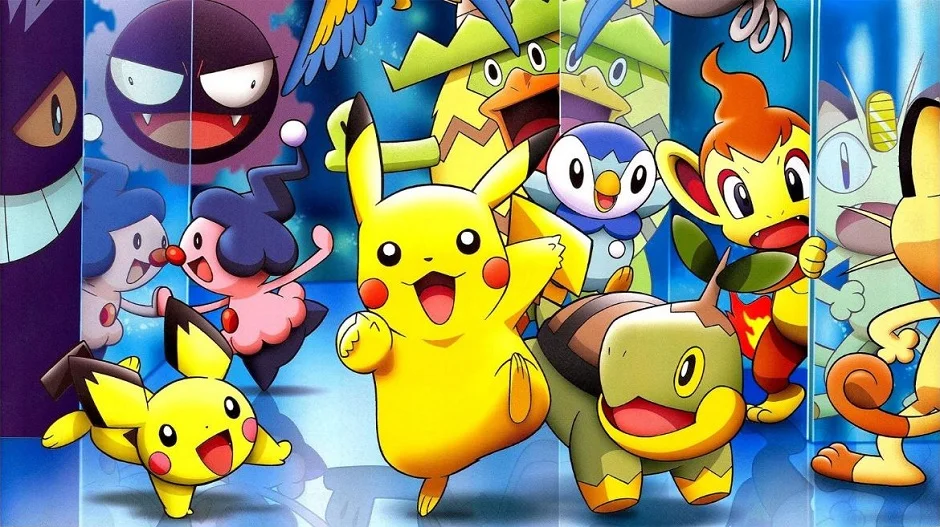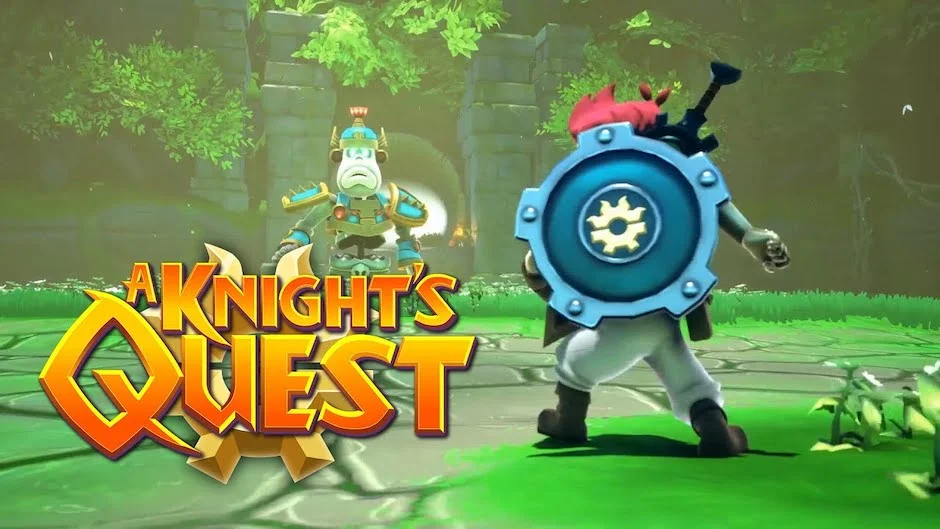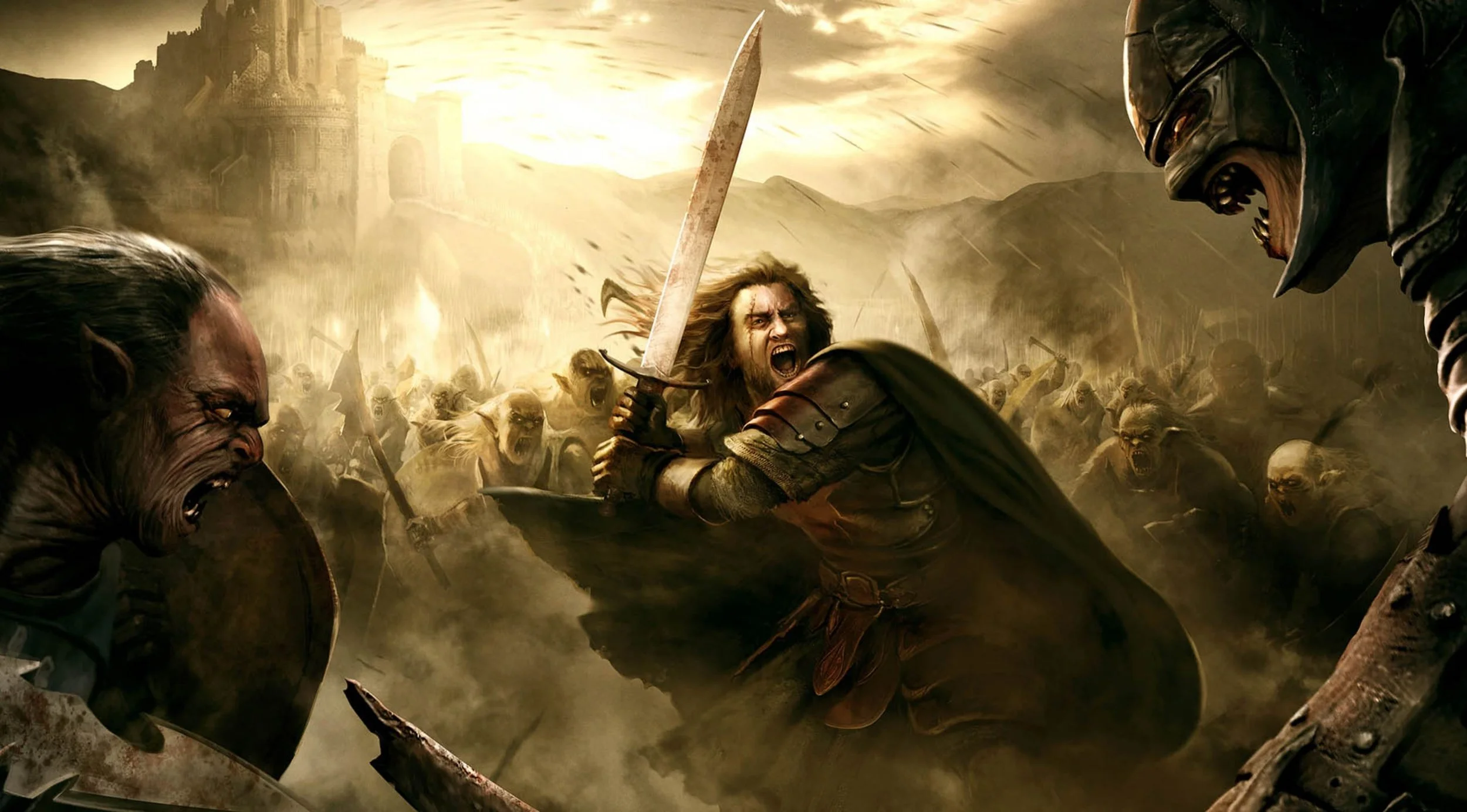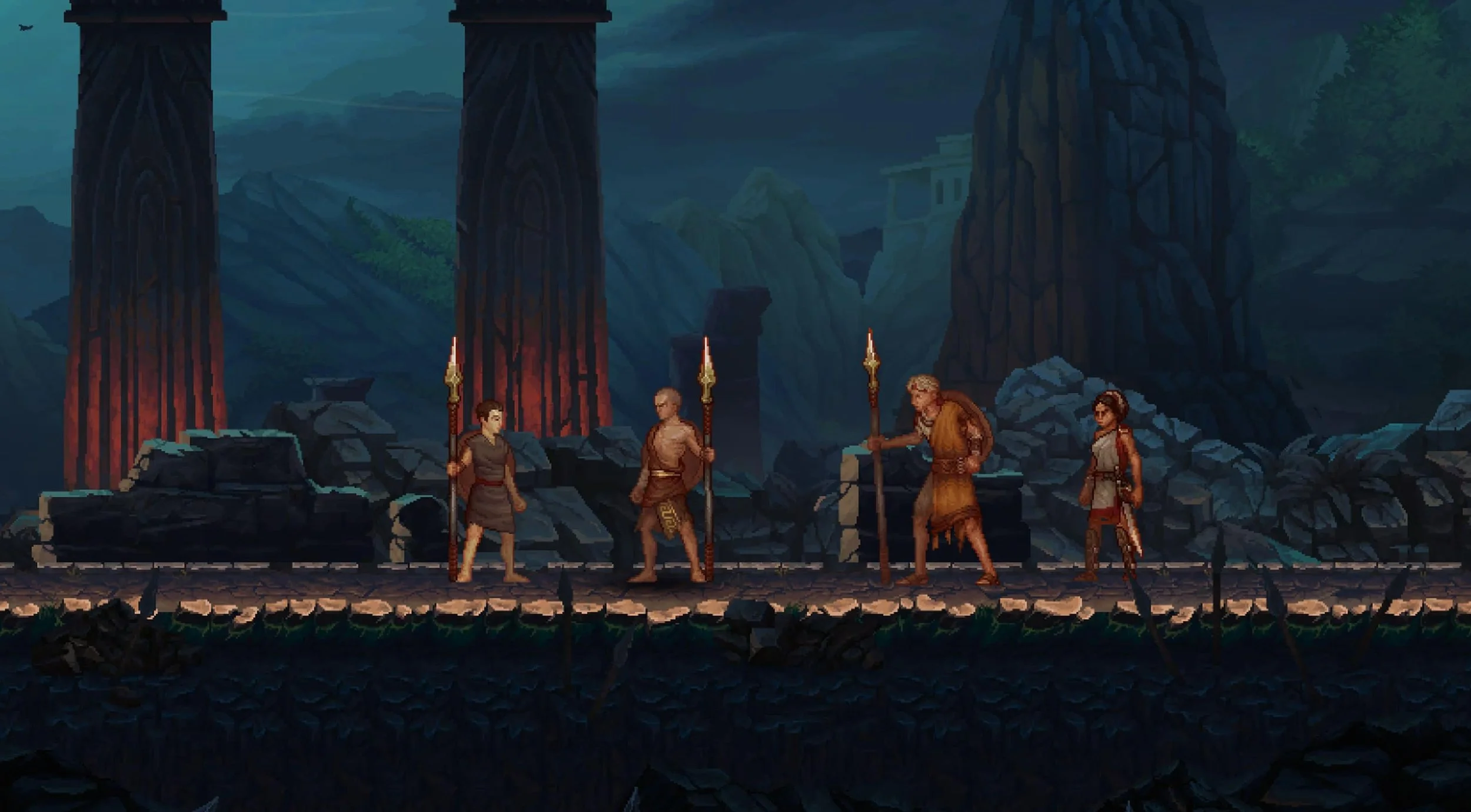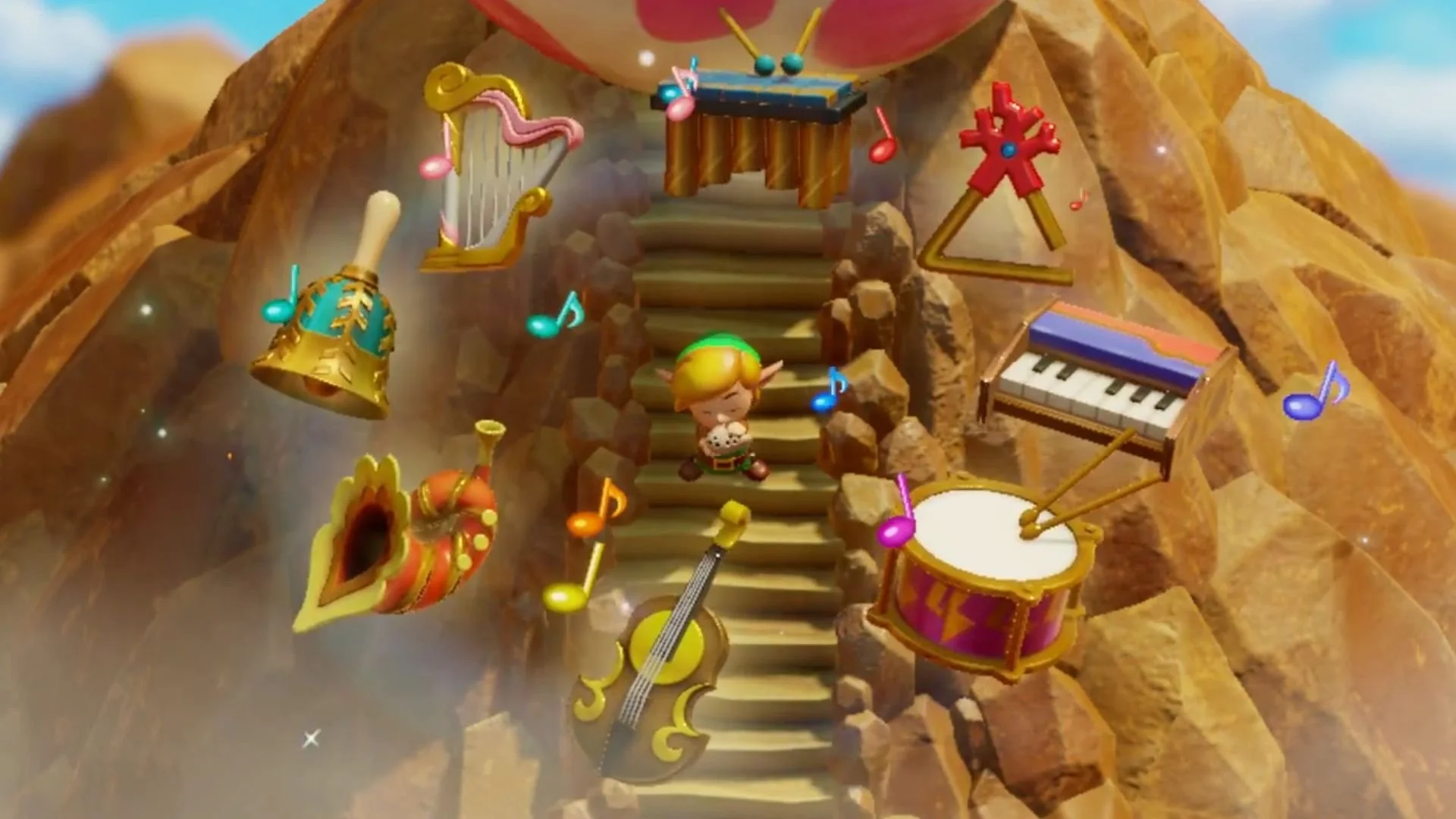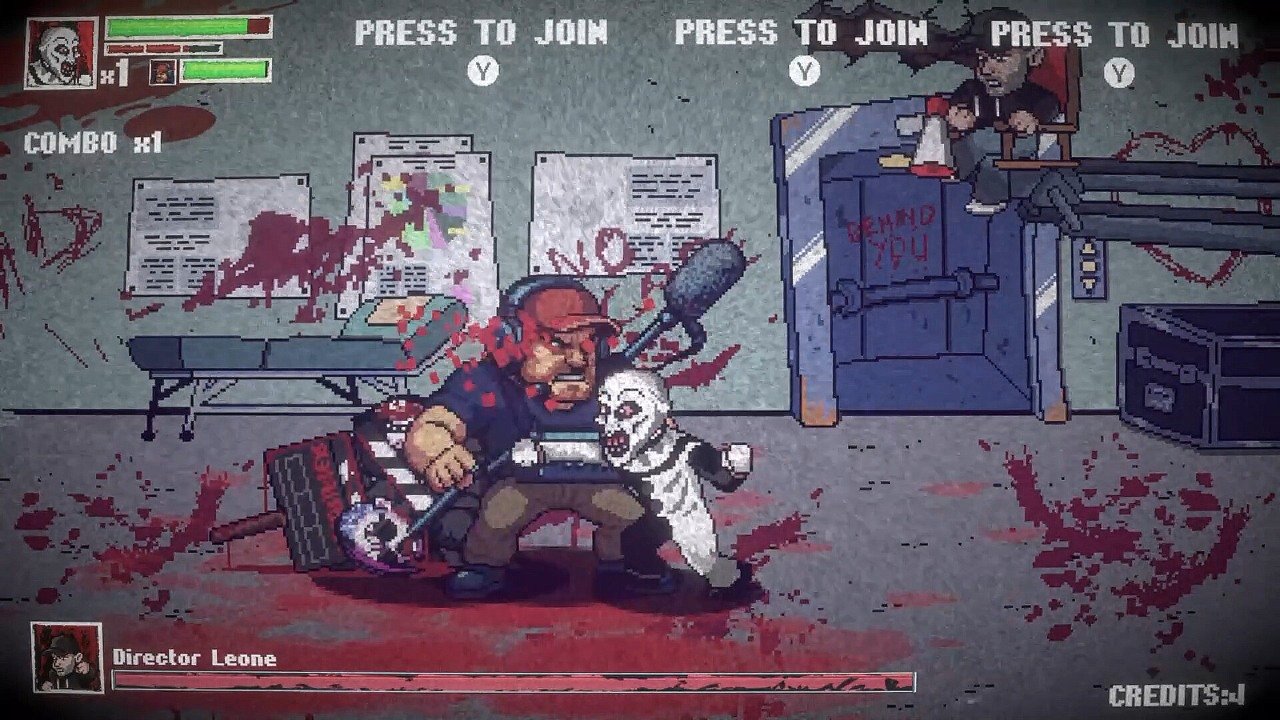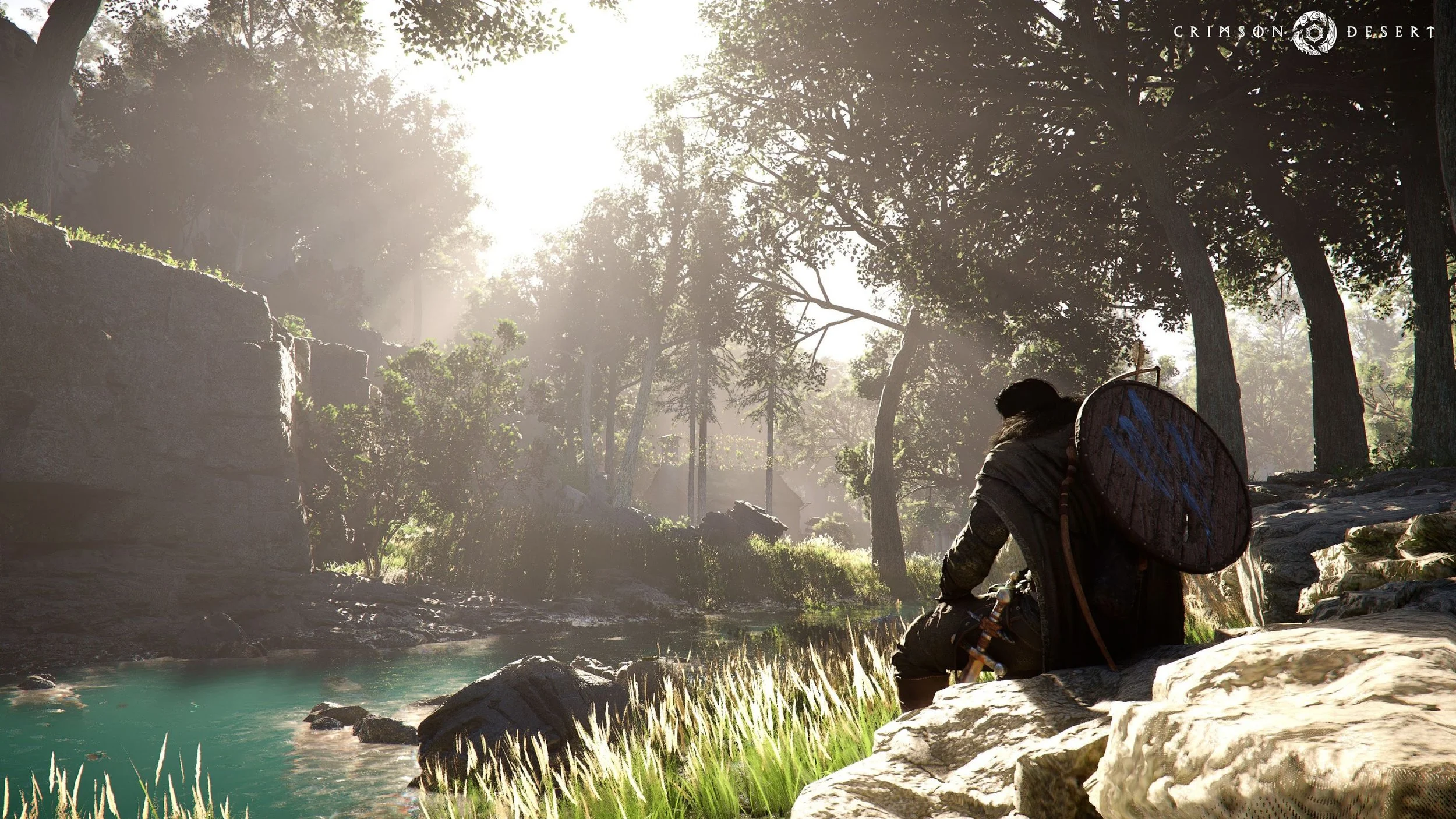Dear Reader:
Are games ever just games? We pour our heart and soul into what we play, our time and money as well, so much that they become a part of us. A shirt I saw perfectly summed this up: “I’m not a gamer because I have no life; I’m a gamer because I choose to have many.” Certainly, there are several things that should take precedence at times, but the phrase “it’s just a game” is most irksome because no, it is never “just” a game.
Would you ever tell an upset child “Grow up, it’s just a game” after they lost the Little League semifinals? No! You’d hug them, console them, kiss their head, take them out for ice cream, maybe run some practice drills. Why, then, would you say that to a child after they lose to the final boss or get killed five minutes into a match? “But what about the adults? They should control their temper better!” True; but the same principles apply. We gamers do sometimes lose our temper and fall into the “angry gamer” trope, but no more so than any other person. Have you never been frustrated at a project that just doesn’t seem to come out right? Getting angry is human nature and yes, some people are more prone to it than others, but please understand it’s not directed at you. Largely it’s because there’s a mechanic we can’t grasp, or our timing is off, or we just can’t find that one thing to progress the story. In short, we’re angry at ourselves. Interrupting that mood with an untimely “just a game” is one of the worst things you could do. Instead, if they are willing, ask “What happened?” Even if you don’t understand the stream of jargon that flows, listen. Allowing us to vent makes things easier to bear.
A friend of mine is a diehard baseball fan. I, on the other hand, don’t care one bit about sports. I do, however, care about my friend. While I can’t tell you anything about why the Golden Knights/All Blacks match last night was important, I am at least conversational about the game itself. I picked up stray facts, asked questions, and allowed him to explain. Asking people questions and remembering the answers shows you love them. You may not agree with them or share their interests but understanding why they love the game is one step closer to understanding why it’s important.
“But I don’t want my child to waste their time and money chasing after something worthless!” Then make it worth something. Use games to teach algebra and probabilities; words like phthisis, hornswoggle, syncopate, and castellan; philosophy and humanities from the stories; and so on. This does require more than just a conversational knowledge but there are other things to learn, like budgeting fun money to buy an upcoming release. Learning new things is always worthwhile, and who knows? You might find something enjoyable in the thing you deemed worthless.
All in all, it boils down to this: we are gamers because we love what they have to offer. Why we spend so much resources diving into something with no apparent benefit may be beyond you, but for many of us, it’s our hobby, our life, our career in some cases. It’s never “just a game;” it’s so, so much more.
